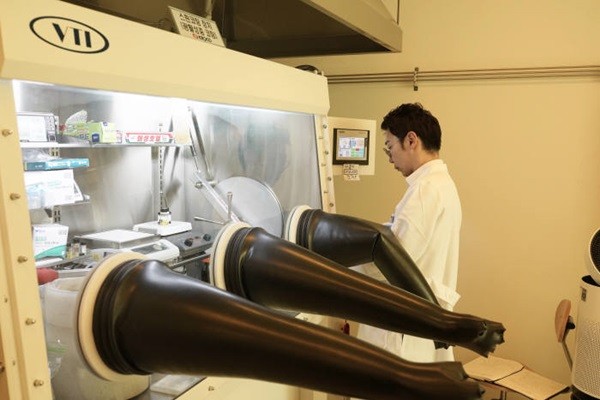South Korean Government has established ‘Energy Priority Technology R&D Roadmap’ that will raise the efficiency of a solar module, which is currently at 20%, to 24% by 2030 and reduce the price of a solar module by half at the same time. The roadmap also includes technology research that will reduce the percentage of a nuclear accident to 1% and the emission of coal-fired fine dusts by more than 90%. In case of an electric vehicle, the mileage per single charge will be more than doubled.
Ministry of Trade, Industry and Energy (MOTIE) announced ‘Fourth Energy Technology Develop Planning and Energy Technology Development Roadmap’ that is based on such information on the 18th.
Energy Technology Development Planning is based on the Article 11 of Energy Act and it is a legal basic plan that will present visions and goals for the development of energy technology for the next 10 years and ways to manage investment strategy on R&D. MOTIE has come up with 16 energy priority technologies from four areas such as promotion of new energy industries, supply of clean and safe energy, structural innovation based on high efficiency and low consumption, and spread of decentralized energy.
MOTIE has established a goal of commercializing world’s most efficient next-generation solar cell by raising the efficiency of a solar module from 20% to 24% by 2030 and the efficiency of a solar cell from 23% to 35%. Its plan is to reduce the price of a solar module from $0.23/W to $0.1/W. It is also planning to increase the size of offshore wind power facilities from 5.5MW to 20MW by 2030 and the size of floating offshore wind power facilities from 0.75MW to 8MW.
To supply clean and safe energy, MOTIE is going to focus on technology development that will reduce the emission of coal-fired fine dusts and greenhouse gases by 90% and 25% respectively by 2030. It is going to reduce the percentage of a nuclear accident to 1% and secure 17 nuclear decommissioning technologies and apply them to Kori Nuclear Power Plant Unit 1 first. It is also going to increase the percentage of credibility on predicting signs of a danger from an energy facility by more than 20% and the percentage of recycling of solar cells, fuel cells, and ESS (Energy Storage System) modules and components to 30% considering the fact that there has not been any case of recycling.

Level of energy independence of a building, which is currently at 10%, is expected to increase drastically to 110% by 2030. This indicates that a building will leave 10% out of 100% of self-generated electricity for an emergency. Mileage per charge of an electric vehicle will be more than doubled while the durability of a fuel cell vehicle will be increased by more than 5 times. In addition, MOTIE is going to commercialize intelligent power network that accurately predicts the amount of power from renewable energy and DC power distribution technology to reduce the loss from conversion.
Besides these projects, MOTIE is also going to actively push for R&D on development of high-efficient water electrolysis that can produce large amount of green hydrogen, localization of fuel cell separation plate, gas turbine hot gas parts, and nuclear shielding material, improvement in stability of field workers through resource investigation based on intelligent information technologies, development of customized FEMS (Factory Energy Management System), development of next-generation secondary batteries and enhanced stability on ESS fire, and localization of next-generation security technologies against cyber threats.
To successfully develop and spread energy priority technologies, MOTIE has decided to increase investments into R&D and reorganize the energy technology development system that is centered on long-term projects, field tests, and safety management. It is planning to invest between $2.4 million (2.8 billion KRW) and $25.7 million (30 billion KRW) per project and construct testing and confirmation infrastructures such as ESS fire stability verification center when necessary.
“By executing our plans and roadmap without any setback, we are going to lead energy conversion based on technology innovation.” said Joo Young-joon who is the head of MOTIE’s Energy Resources Department.
Staff Reporter Choi, Jaepil | jpchoi@etnews.com